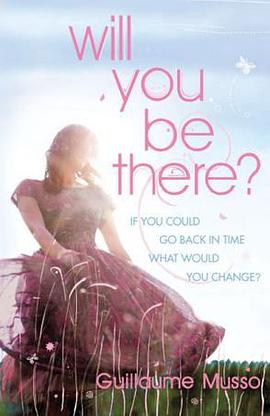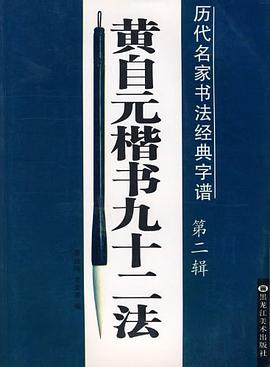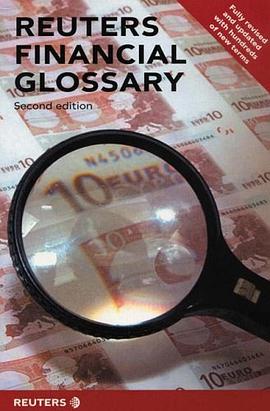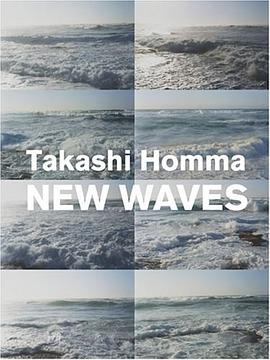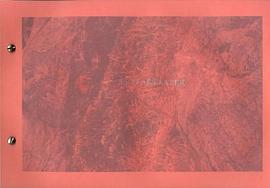

具体描述
Do humans have a free choice of which actions to perform? Three recent developments of modern science can help us to answer this question. First, new investigative tools have enabled us to study the processes in our brains which accompanying our decisions. The pioneer work of Benjamin Libet has led many neuroscientists to hold the view that our conscious intentions do not cause our bodily movements but merely accompany them. Then, Quantum Theory suggests that not all physical events are fully determined by their causes, and so opens the possibility that not all brain events may be fully determined by their causes, and so maybe - if neuroscience does not rule this out - there is a role for intentions after all. Finally, a theorem of mathematics, Godel's theory, has been interpreted to suggest that the initial conditions and laws of development of a mathematician's brain could not fully determine which mathematical conjectures he sees to be true. Papers by Patrick Haggard, Tim Bayne, Harald Atmanspacher and Stefan Rotter, Solomon Feferman, and John Lucas investigate these issues. The extent to which human behaviour is determined by brain events may well depend on whether conscious events, such as intentions, are themselves merely brain events, or whether they are separate events which interact with brain events (perhaps in the radical form that intentions are events in our soul, and not in our body). The papers of Frank Jackson, Richard Swinburne, and Howard Robinson investigate these issues. The remaining papers, of Galen Strawson, Helen Steward, and R.A. Duff, consider what kind of free will we need in order to be morally responsible for our actions or to be held guilty in a court of law. Is it sufficient merely that our actions are uncaused by brain events, or what?
作者简介
目录信息
读后感
评分
评分
评分
评分
用户评价
从装帧设计到内容编排,这本书都散发着一种经得起时间考验的品质。纸张的触感温润而厚实,装帧坚固,预示着这是一本可以被反复翻阅、值得珍藏的作品。最令人印象深刻的是,作者在全书的结尾部分,没有给出任何煽情的总结陈词,而是留下了一个开放性的、引人深思的场景,仿佛在邀请读者亲自踏上这场探索之旅的下一段旅程。这种“留白”的艺术,体现了作者对知识本身的尊重——知识是永无止境的,任何试图画上句号的行为都是一种傲慢。对于那些渴望在纷繁复杂的现代信息流中,找到一个坚实可靠的锚点,进行深刻内省的读者来说,这本书绝对是一次不容错过的精神投资,它带来的影响将是深远而持续的。
评分这本书的封面设计简直是一场视觉盛宴,那种深邃的蓝色调配上简洁有力的白色字体,立刻抓住了我的眼球。我是在一家独立书店的角落里偶然发现它的,当时就被那种散发出来的学术气息所吸引。它放在那里,仿佛在低语着关于存在与选择的古老谜题。我迫不及待地翻开扉页,里面的排版清晰流畅,阅读体验极佳,让人仿佛置身于一个精心布置的知识殿堂之中。作者的叙事节奏掌握得炉火纯青,既有严谨的逻辑推导,又不乏引人入胜的故事性穿插,使得即便是面对一些晦涩的概念,也能轻松地跟随其思绪遨游。特别是开篇关于人类心智起源的论述,那种层层递进、步步为营的论证方式,让我对后续的内容充满了无限的期待。这本书无疑是为那些愿意深入思考、不满足于表面答案的读者准备的一份厚礼,它不仅仅是一本书,更像是一次思维的深度潜水。
评分不得不说,这本书的论证深度令人敬佩。它不像市面上那些浅尝辄止的流行读物,试图用几条简单的格言来解决宇宙级的难题。相反,作者展现了极高的学术素养,引用的文献和理论都非常扎实可靠。在处理诸如决定论与自由意志的经典冲突时,作者并没有陷入非黑即白的二元对立,而是开创性地提出了一种更为细致入微的视角,使得原本僵硬的对立面开始展现出柔韧的相互关联性。我尤其喜欢其中对“微观随机性”如何影响宏观决策的论述,那种将抽象概念具体化的能力,简直是大师级的。对于希望系统性梳理相关领域知识的专业人士而言,这本书提供了一个绝佳的参考蓝本,其密度和广度都远远超出了我的初始预期。
评分这本书带给我最大的冲击,来自于它对“自我”概念的解构。作者用一种近乎诗意的笔触,描绘了我们意识体验的脆弱性与多变性,让人不禁反思:我们口中所谓的“我”,究竟有多少成分是自主选择的结果,又有多少是环境、基因乃至潜意识的自动应答?书中对人类叙事本能的剖析尤为精彩,它揭示了我们如何为了维持一个连贯的“自我”形象,而不断地对过去的记忆和未来的期望进行“美化”和“重写”。这种深刻的洞察力,让我对日常生活中做出的每一个“决定”都产生了全新的审视。它不是一本让人读完后感觉轻松愉快的书,它更像一面镜子,照出了我们内心深处最不愿面对的复杂和矛盾,但正是这种直面真实的勇气,才让这本书的价值无可替代。
评分读完这本书,我感到自己的认知边界似乎被大大拓宽了。它没有直接给出任何“标准答案”,而是巧妙地构建了一个思维框架,引导我去质疑那些被我们视为理所当然的预设。作者在探讨人类能动性时,引入了大量跨学科的案例,从神经科学的前沿发现到哲学史上经典的悖论,都处理得游刃有余。我特别欣赏他那种毫不妥协的批判精神,他敢于挑战那些根深蒂固的教条,用一种近乎残酷的清晰度来剖析复杂的问题。整个阅读过程就像是与一位博学而又充满激情的导师进行了一场长久的、高质量的对话。书中的某些章节,我不得不停下来,反复咀嚼其中的精妙之处,甚至需要借助一些辅助资料来加深理解。这绝不是一本可以囫囵吞枣的书,它要求读者全身心地投入,用智力去拥抱它的挑战。
评分 评分 评分 评分 评分相关图书
本站所有内容均为互联网搜索引擎提供的公开搜索信息,本站不存储任何数据与内容,任何内容与数据均与本站无关,如有需要请联系相关搜索引擎包括但不限于百度,google,bing,sogou 等
© 2026 book.quotespace.org All Rights Reserved. 小美书屋 版权所有






